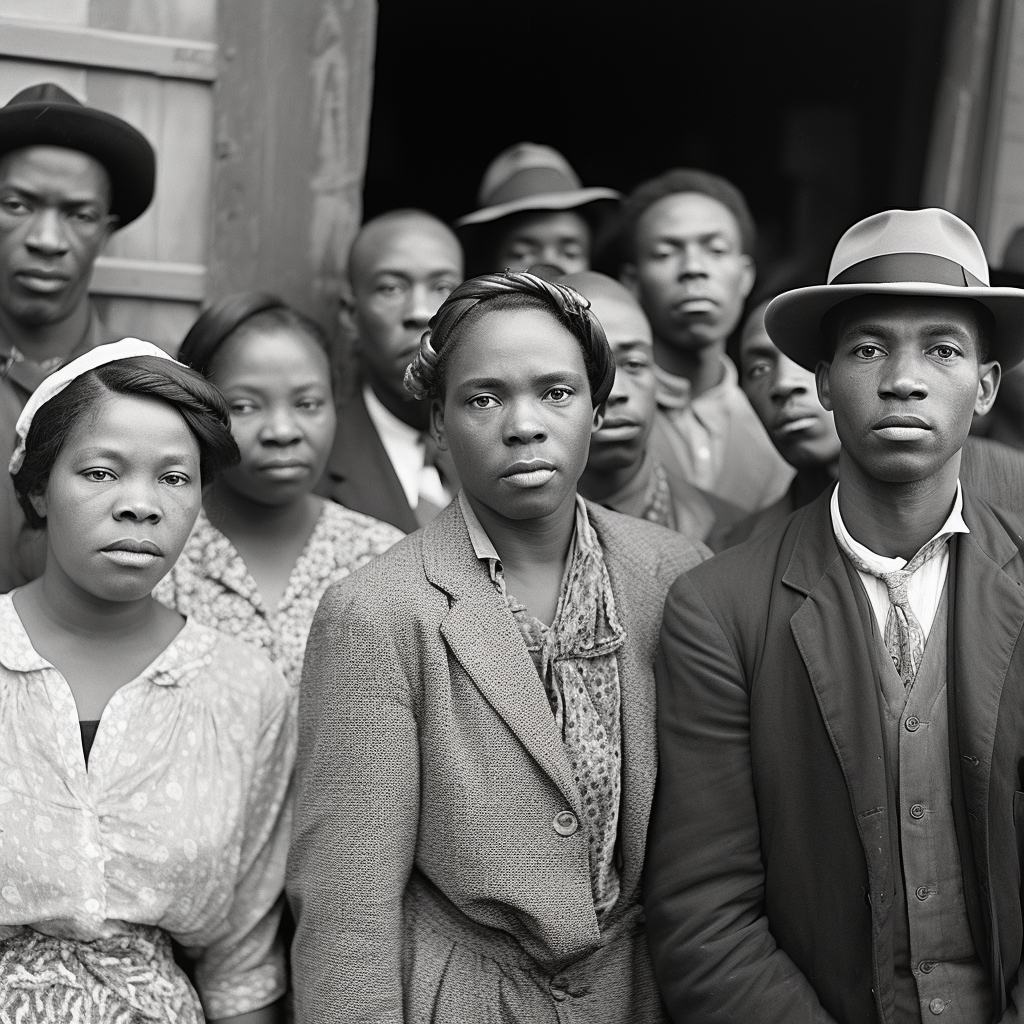Post
Post #5: End of Reconstruction and its Legacy
The end of the Reconstruction era marked a significant turning point in American history. After a period of progress and advancements for African Americans, the implementation of Jim Crow laws brought about a new era of racial segregation and discrimination.
There were several factors that led to the end of Reconstruction. The political climate of the time was shifting, and with increasing violence and resistance from white supremacists, the federal government's resolve to protect civil rights began to wane. The Compromise of 1877, which settled the disputed 1876 presidential election, effectively ended Reconstruction as federal troops were withdrawn from the South. This allowed white Democrats to regain political control and implement oppressive laws that disenfranchised African Americans.
The establishment of Jim Crow laws marked the period of racial segregation that followed Reconstruction. These laws enforced racial separation in public spaces, education, housing, and employment, effectively denying African Americans their rights as equal citizens. The Supreme Court's ruling in Plessy v. Ferguson in 1896 further legitimized segregation under the "separate but equal" doctrine. This resulted in the creation of separate and vastly unequal facilities for African Americans, perpetuating systemic racism and discrimination.
The legacy of Reconstruction has had far-reaching consequences on American society. It laid the groundwork for the civil rights movement of the 20th century by highlighting the ongoing struggle for racial equality. Despite the setbacks of Jim Crow, the gains made during Reconstruction, such as the passage of the 14th and 15th Amendments, proved crucial in later efforts to secure civil rights for all Americans. Additionally, the bravery and resilience demonstrated by African Americans during Reconstruction inspired future generations to continue the fight for equality.
In conclusion, the end of Reconstruction saw the rise of Jim Crow laws and the systemic oppression of African Americans. However, the legacy of Reconstruction remains significant, as it laid the foundation for the ongoing struggle for civil rights and equality in America. It serves as a reminder of the progress made, the setbacks faced, and the ongoing work needed to achieve a truly just and inclusive society.
